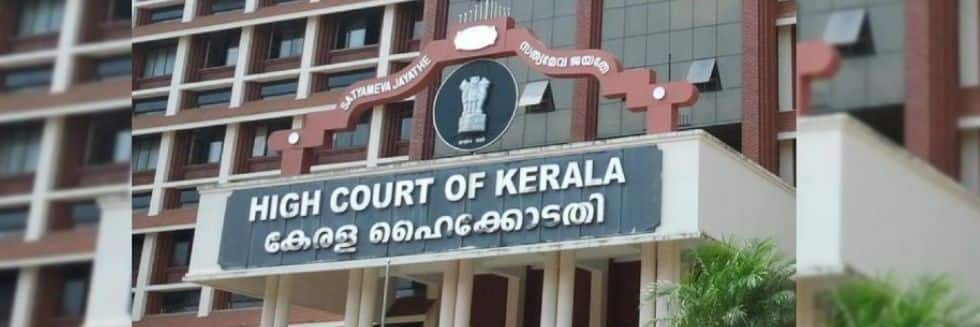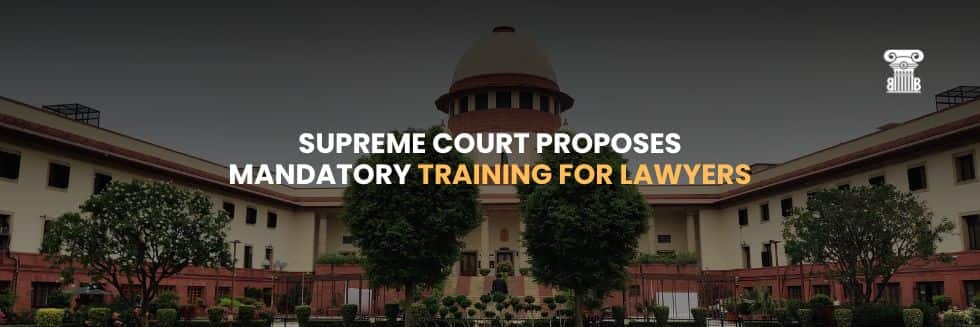In a significant ruling, Kerala High Court noted that a woman or girl being of easy virtue or habituated to sexual intercourse cannot be reasons to absolve someone of rape, especially a father who is expected to be the fortress and refuge of his daughter. The High Court bench convicted the father who repeatedly raped his daughter and impregnated her.
“When a father rapes his daughter, it was worse than a gamekeeper becoming a poacher or a treasury guard becoming a robber,” noted Justice R Narayana Pisharadi.
The court made those observations while father of the survivor (the main accused) claimed that he was being falsely implicated in the case and his daughter had admitted that she had sexual relations with another man.
To which the bench replied, “if at all any corroboration is required, the result of dna analysis of the blood samples of the child born to PW1 and the accused, lends such corroboration or assurance. The result of the DNA analysis reveals that the accused is the biological father of the child born to PW1.”
It Is the Accused Who Is on Trial and Not the Victim
“Even in a case where it is shown that the victim is a girl of easy virtue or a girl habituated to sexual intercourse, it may not be a ground to absolve the accused from the charge of rape. Even assuming that the victim is previously accustomed to sexual intercourse, that is not a decisive question. On the contrary, the question which is required to be adjudicated is, did the accused commit rape on the victim on the occasion complained of. It is the accused who is on trial and not the victim,” said the bench.
HC Set Aside Conviction Under POCSO
The trial court had convicted the victim’s father under Section 376 and Section 506(ii) of Indian Penal Code, and also under Section 6 of the POCSO Act. The court had sentenced him to 14 years of imprisonment.
However, the Kerala High Court set aside the conviction under POCSO Act, noting that prosecution was unable to prove the victim was a minor when the rapes occurred between June 2012-January 2013. The court also set aside his conviction and sentence for criminal intimidation stating that the prosecution has not proved that she was being threatened with dire consequences by her father. The HC has sentenced him to 12 years of imprisonment with a fine of Rs 50,000.
Gulf Of Difference Between Consent And Submission
“In the present case, the plea of consent is too shallow to even need detailed analysis or consideration. One cannot even imagine that the victim girl consented to have sexual intercourse with her father. There is gulf of difference between consent and submission. Every consent involves a submission but the converse does not follow. Helplessness in the face of inevitable compulsion clouded by fear cannot be considered to be consent as understood in law. Exercise of intelligence based on the knowledge of the significance and the moral effect of the act is required to constitute consent,” the court said.
Delay In Lodging FIR
The defence questioned the delay in lodging the FIR, stating that the victim revealed that her father used to sexually assault her in January, 2013, while the FIR was lodged on 20-03-2013.
“Reluctance to go to the police is on account of the attitude of the society which casts doubt and shame upon the victim rather than comfort and sympathy. No girl would want the world to know that she was subjected to sexual assault by her own father, therefore, the delay was justified,” the bench opined.
“Delay, per se, is not a mitigating circumstance for the accused in a case of sexual assault. Delay in lodging the F.I.R cannot be used as a ritualistic formula for discarding the prosecution case and doubting its authenticity,” said the bench.






